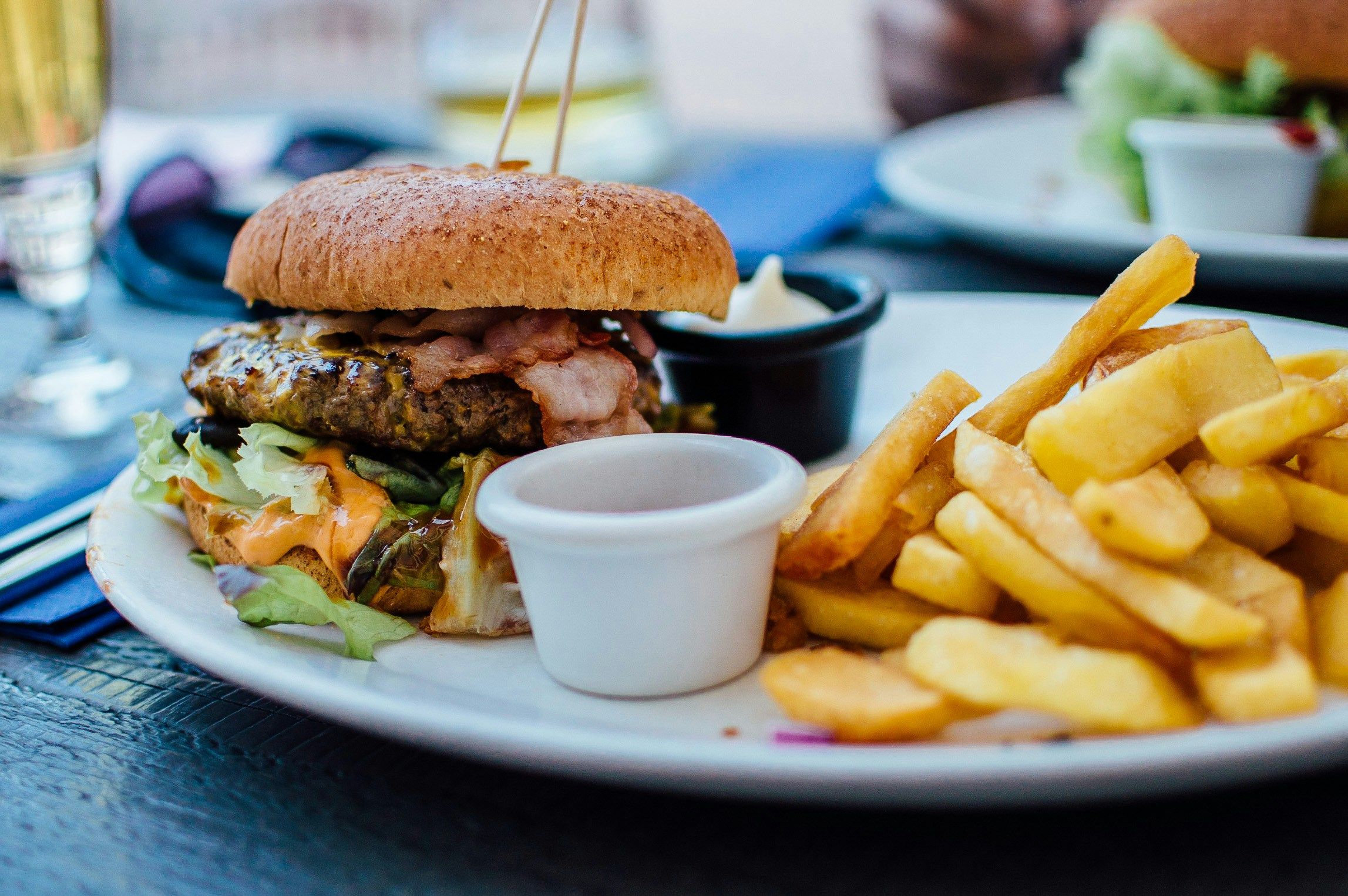Food Addiction: Similarities to Drug Abuse Gain Traction Among Doctors
There's a growing movement among some doctors who argue that food addiction should be treated similarly to drug abuse. Let's delve into the reasons behind this claim:
The Similarities:
Compulsive Behavior: Both food addiction and drug abuse can involve compulsive behaviors that are difficult to resist, despite negative consequences.
Brain Chemistry: Studies suggest that both conditions can alter brain chemistry in ways that reinforce cravings and seeking out the substance (food or drug) despite potential harm.
Dopamine Connection: Both food and drugs can trigger the release of dopamine, a neurotransmitter associated with pleasure and reward. This can create a cycle of craving and seeking out the pleasurable experience.

The Potential Benefits of This Approach:
Improved Treatment Methods: By framing food addiction as a similar condition to drug abuse, it opens doors to exploring treatment methods that have proven successful in addiction recovery, such as cognitive behavioral therapy and medication-assisted treatment.
Increased Support: Acknowledging food addiction as a serious condition could lead to greater understanding, support groups, and access to specialized treatment programs.
Important Considerations:
Food is Necessary: Unlike drugs, food is essential for survival. This distinction adds complexity to treatment approaches.
Not Everyone Overeats: Overeating does not necessarily equal food addiction. There's a spectrum of eating behaviors to consider.
More Research Needed: While there are strong parallels, more research is required to fully understand the mechanisms of food addiction.
The Road Ahead:
The idea of classifying food addiction as similar to drug abuse is a controversial yet significant development in the field of addiction treatment. If further research strengthens the connection, it could pave the way for more effective interventions to help people struggling with compulsive overeating.




